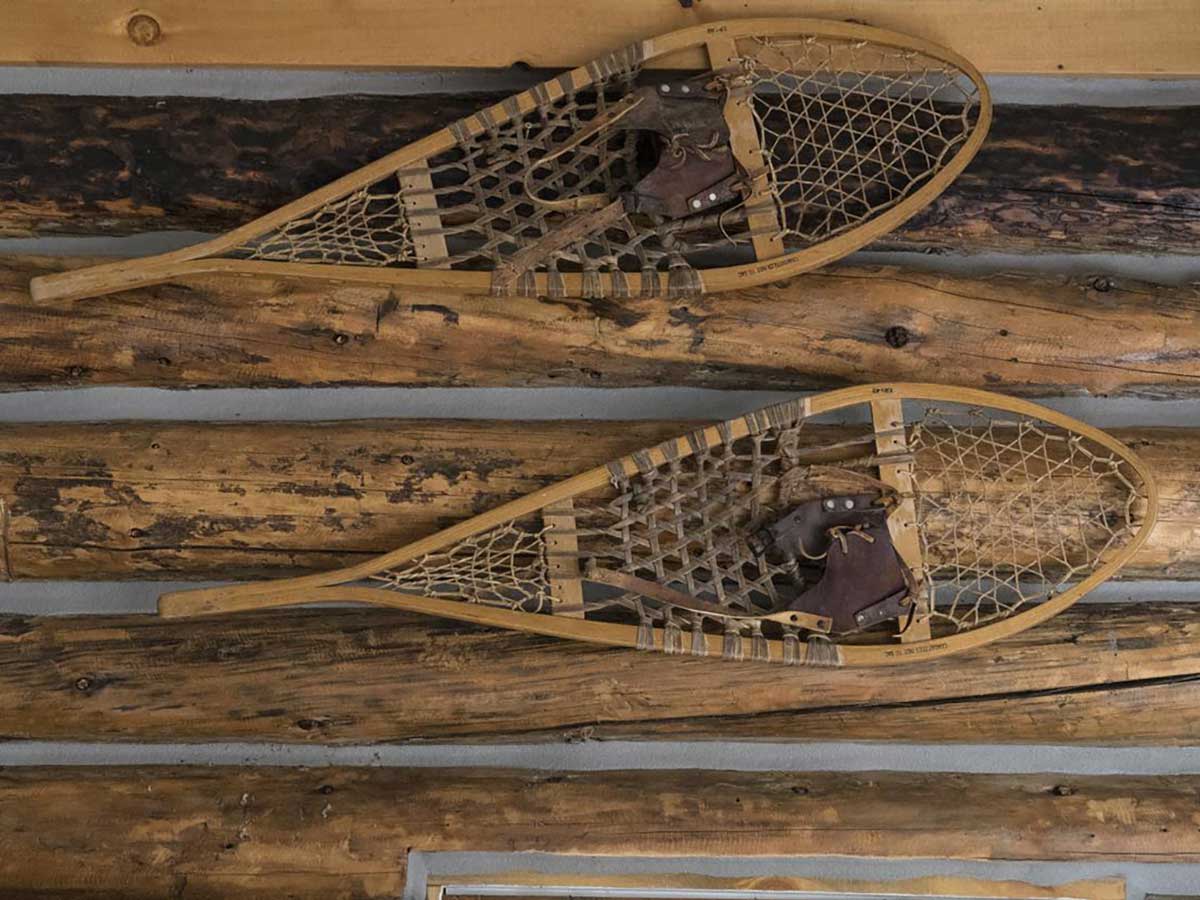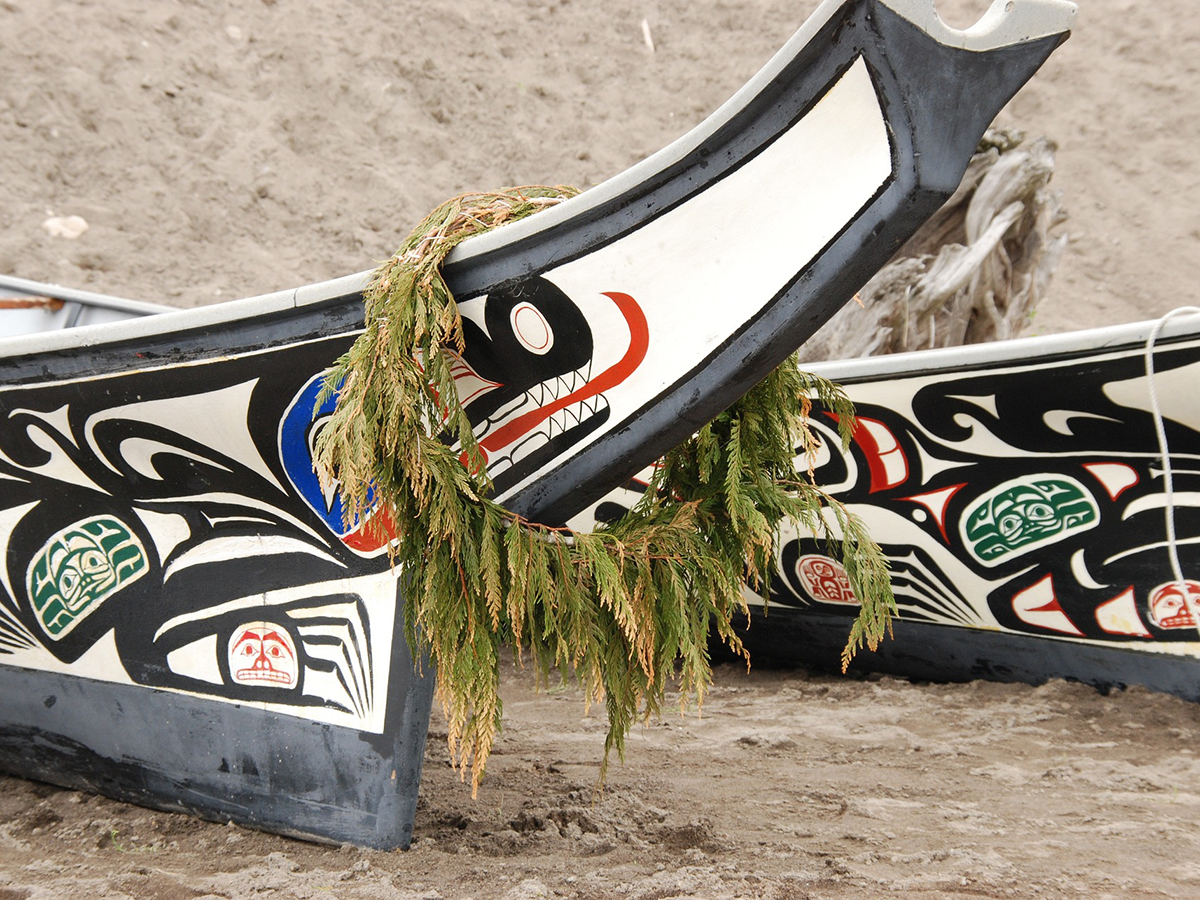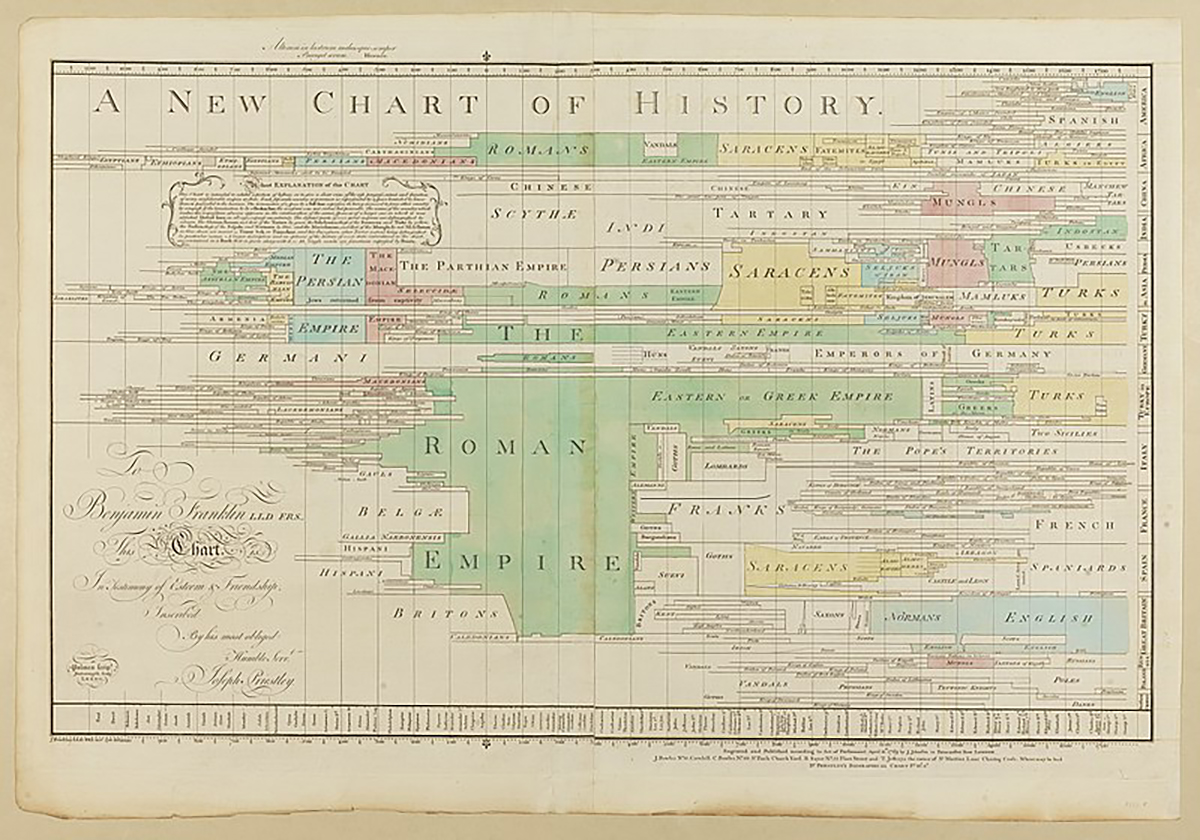
August 25, 2021
Wilbur opened the door to my Quaker ancestry.
I didn’t know much about this part of my heritage until my near-90-year-old mother wanted me to drive her to go visit her 90-plus-years-old first cousin up in Iowa. I had never met Wilbur before, but I was in for a most wonderful surprise! My mother had told me that her father, who died when she was 15, was raised in a Quaker home where his parents had stood up and performed their own ceremony of marriage. That was literally all I knew about my grandfather’s religious history at that point, except what little I had learned about the sect in school. Meeting Wilbur opened a treasure box full of wonderful genealogical delights! He was one of us genealogy people, a master of family history research, and he was willing to share.
He led me to an important Quaker resource for his faith tradition, which he himself owned, Encyclopedia of American Quaker Genealogy, a six-volume set by William Wade Hinshaw (which also has a separate index book). Wilbur lovingly produced his family research—one side of it in common with my mother—and we went down to the town public library to copy his meticulous work so I could take it home to study. He brought out family photos that he allowed me to photograph with my Canon camera. And he talked about the people. That one-time meeting with Wilbur will forever remain in my memory as a very special and important day in my life.
The Quakers, or the Society of Friends, are a religious group started by George Fox in the mid-1600s in England. One of the most famous Quakers in America was William Penn, who founded the Commonwealth of Pennsylvania as a refuge for his fellow Quakers and others who suffered religious persecution. To read more about the history of the Quakers (Society of Friends), check out the MCPL eBook A Popular Life of George Fox: The First of the Quakers (1847).
Each group (congregation) or small combination of groups has “monthly meetings” (mm) where birth, marriage, and death statistics are reported and faithfully documented. There are also records kept of difficulties between the members, excommunication notes, and transfers from one meeting group to another. As well as the local group records, there are larger area gatherings called Quarterly Meetings, where “deputies” report news from the individual groups, all very excellent for genealogy researchers. There is also sometimes a Yearly Meeting. To find Quaker meeting locations, look in Monthly Meetings in North America: A Quaker Index by Thomas C. Hill.
People privileged to have Quaker ancestors likely have a treasure trove of details available to find. And the records span years and years—it’s just so incredible! Are you one of the lucky ones with “Friends” like Wilbur in your family?
Twila R.
Midwest Genealogy Center
Read Similar Blogs:
Genealogy







